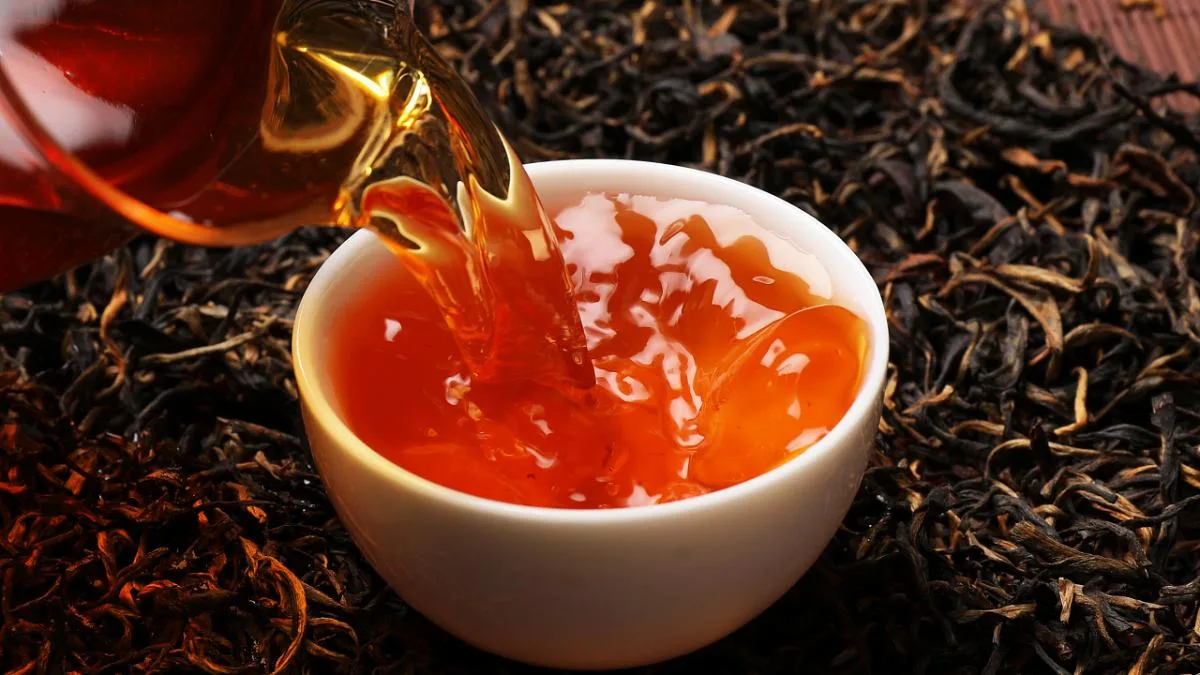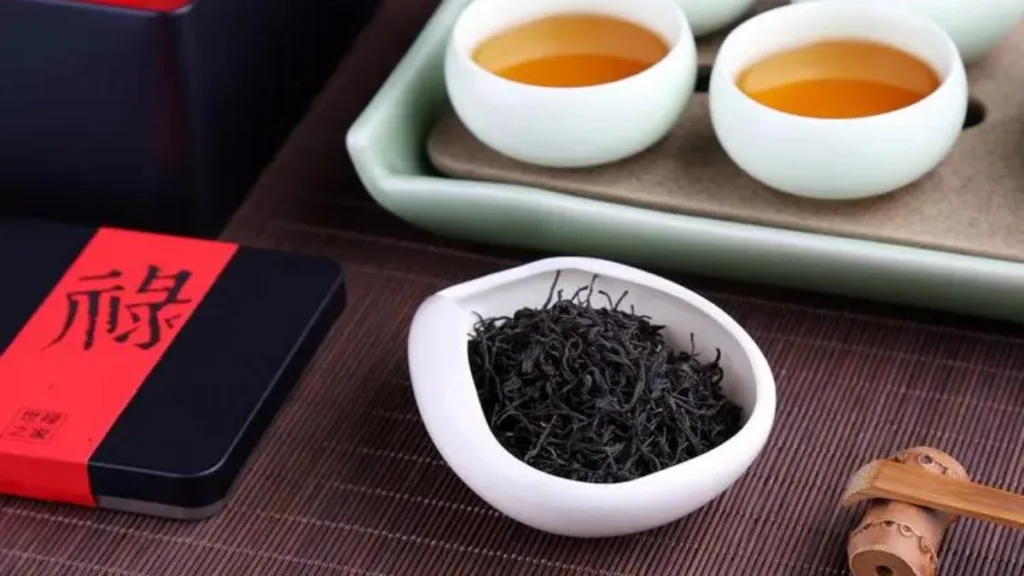The question of whether tea is beneficial or harmful to the stomach is a perennial topic in the world of tea enthusiasts. Some claim that tea can be harsh on the stomach, while others argue that it nurtures it. So, does drinking black tea promote stomach health, or does it pose risks?
The stomach, a resilient bag-like organ located in the upper abdomen just below the lungs, has a complex structure. Its wall, known as the gastric wall, consists of three layers: the inner mucosal layer, the middle muscular layer, and the outer serosal layer. The mucosal layer contains gastric glands responsible for secreting mucus, gastric acid, and pepsin.
Gastric acid is highly acidic, and when food enters the stomach, gastric acid secretion increases significantly, lowering the pH to below 2. Pepsin functions to digest and break down proteins.
Mucus plays a crucial role in lubricating and isolating the gastric mucosa from the corrosive effects of gastric acid and the digestive action of pepsin.
Impact of Tea on the Stomach:
- Hydration and Mucosal Protection: Firstly, drinking tea can replenish fluids. Adequate hydration ensures sufficient mucus secretion, providing effective protection to the mucosal epithelium.
- pH Levels and Acidity: Secondly, tea has a pH value ranging from 5.5 to 7, making it weakly acidic. In comparison to the strong acidity of gastric acid with a pH below 2, tea does not stimulate the gastric mucosa and does not neutralize gastric acid.
- Caffeine Stimulation: Thirdly, tea contains caffeine, which has a brief stimulating effect on the central nervous system. This stimulation promotes gastric fluid secretion and gastrointestinal peristalsis, aiding digestion. Hence, the saying goes, “drinking tea aids digestion.” However, excessive gastric acid without food in the stomach can lead to irritation of the gastric mucosa, causing discomfort such as burning or tingling. Therefore, it is advisable to avoid drinking tea on an empty stomach.
Debunking the Myth: Is Black Tea Warm or Nourishing for the Stomach?
The popular belief that “green tea harms the stomach, while black tea nurtures it” is a misconception. Although black tea is considered warming, it cannot be simplistically equated with nourishing the stomach.
Tea polyphenols in tea leaves, while beneficial and possessing anti-cancer properties, have astringent qualities that can irritate the stomach, especially when consumed on an empty stomach. Despite black tea undergoing fermentation and oxidation during processing, reducing the tea polyphenol content compared to green tea, it still contains a certain level of caffeine that may have a stimulating effect on the stomach. Therefore, the notion that black tea universally nurtures the stomach is inaccurate.
While black tea offers some advantages for the stomach:
- Digestive Stimulation: Black tea’s rich content of tea polyphenols and tannic acid stimulates gastric juice secretion, promoting food digestion.
- Pain Relief: Tannic acid in black tea has a constricting effect, alleviating irritation to the gastric mucosa and relieving stomach pain.
- Antibacterial Properties: Components like tea polyphenols and catechins in black tea can inhibit some bacteria and viruses in the gastrointestinal tract, preventing gastrointestinal infections.
- Relief of Gastric Discomfort: Black tea also contains magnesium, which can relax muscles and nerves, easing stomach discomfort.
However, it is essential to exercise caution for individuals experiencing significant stomach discomfort. Excessive consumption of black tea, like any beverage, may lead to adverse reactions.
Scientific Tea Consumption for Stomach Health:
Tea has varying levels of warmth or coolness, and individuals have different constitutional differences. Whether tea nurtures or harms the stomach depends on the season and the individual’s constitution.
For those with a heaty constitution, characterized by excess internal heat, consuming green tea can help dispel heat and toxins. However, individuals with a colder constitution, especially those with existing stomach issues, may want to limit their intake of cold green tea and opt for warmer options such as black tea or fully fermented pu-erh tea.
In summary, while black tea can offer certain benefits for the stomach, the idea that it universally nurtures the stomach is a generalization. The impact of tea on the stomach is nuanced and influenced by individual constitution, health conditions, and tea type. To protect the stomach, it is crucial to approach tea consumption with mindfulness, considering personal health factors and choosing teas that align with one’s constitution.



